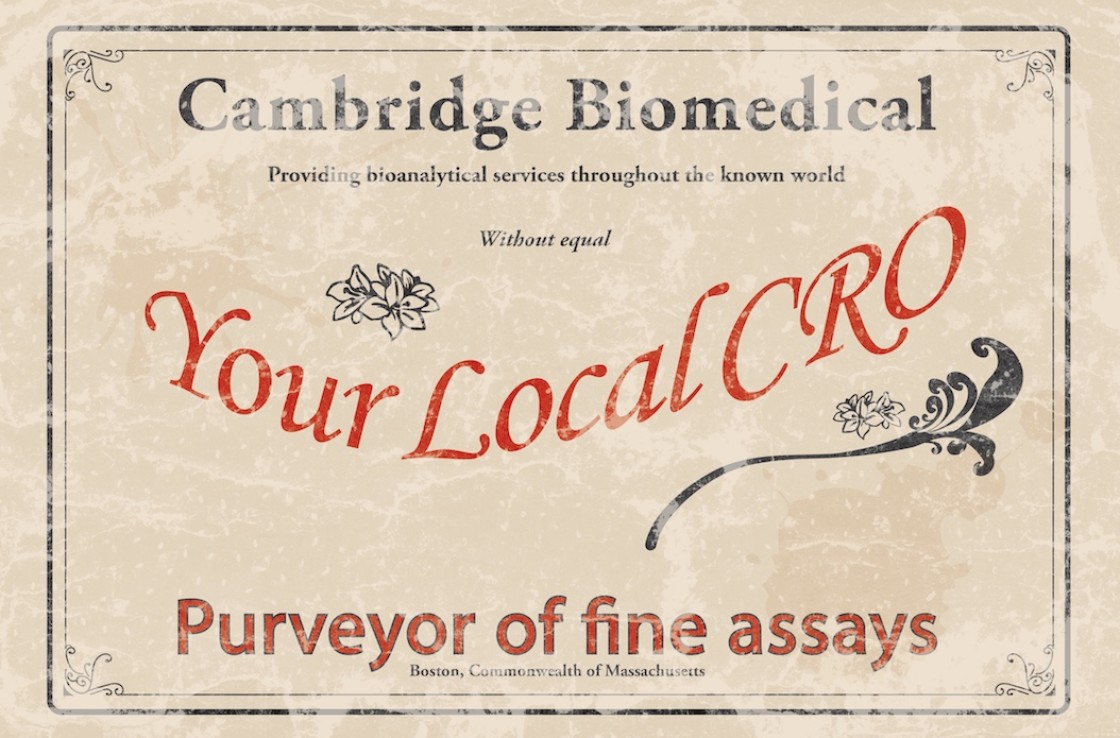The decades-long drought in antibiotic discovery could be over after a breakthrough by US scientists.
Their novel method for growing bacteria has yielded 25 new antibiotics, with one deemed “very promising”.
The last new class of antibiotics to make it to clinic was discovered nearly three decades ago.
The study, in the journal Nature, has been described as a “game-changer” and experts believe the antibiotic haul is just the “tip of the iceberg”.
The heyday of antibiotic discovery was in the 1950s and 1960s, but nothing found since 1987 has made it into doctor’s hands.
Since then microbes have become incredibly resistant. Extensively drug-resistant tuberculosis ignores nearly everything medicine can throw at it.
